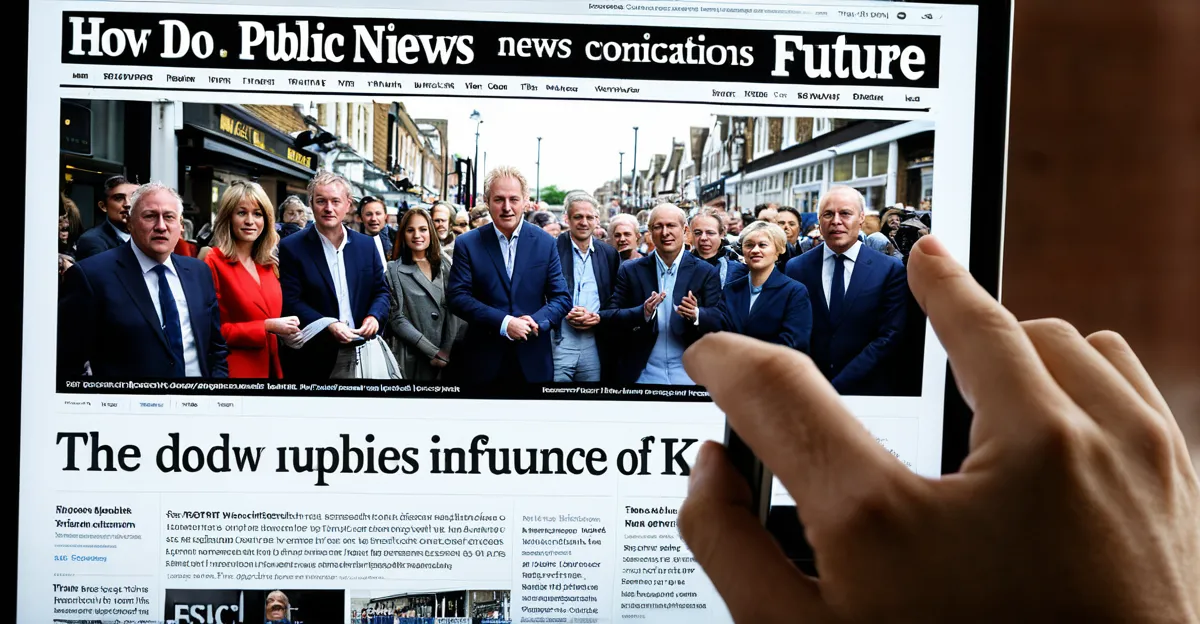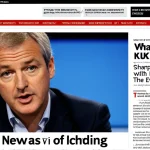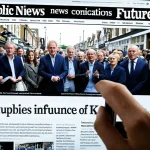The Impact of Public Opinion on Editorial Decisions
Public opinion serves as a pivotal force in shaping editorial choices within UK news outlets. Audience preferences influence which stories are prioritized, effectively guiding the agenda-setting process. Editors continuously monitor feedback from viewers and readers, often resulting in adjustments to reporting tone and coverage emphasis. When public sentiment strongly favors or contests a topic, media organizations recalibrate their focus to align with audience interests and concerns.
For example, significant public reactions to social or political events have led UK news outlets to revise their coverage strategies, ensuring they remain relevant and resonant. This responsiveness not only aids in maintaining audience engagement but also fosters a perception of media accountability.
Topic to read : What are the economic impacts of the UK’s trade agreements?
The interplay between public opinion and editorial decisions illustrates the dynamic nature of media influence. By actively integrating feedback, editorial teams can make more informed choices, balancing journalistic integrity with audience demands. This relationship underscores the vital role of public opinion in shaping how news is presented across the UK, reinforcing that editorial decisions are not made in isolation but are deeply intertwined with the perspectives and reactions of the public.
Trust and Credibility in the UK News Media
Trust and credibility are fundamental pillars for the reputation of UK news outlets. Public perception directly influences whether audiences view media organisations as reliable and accurate sources. Studies measuring media trust consistently reveal that confidence levels fluctuate based on editorial transparency, perceived bias, and responsiveness to public concerns. A decline in media trust can lead to reduced engagement and skepticism toward journalistic content.
In parallel : What Factors Could Shape the Future of UK News Coverage?
To counteract this, numerous initiatives have been developed targeting the restoration and maintenance of trust. These include stricter fact-checking protocols, clearer editorial standards, and active engagement with audiences through feedback mechanisms. In UK journalism, transparency about sources and corrections plays a key role in reinforcing credibility. Additionally, some outlets adopt independent oversight or public accountability measures to bolster public confidence.
Maintaining media trust requires ongoing effort, especially as public scrutiny intensifies in the digital age. Without credibility, even the most influential editorial choices risk being dismissed by a cautious audience. Hence, UK news outlets prioritise building and preserving trust as an essential dimension of their relationship with the public.





